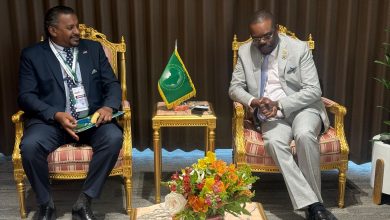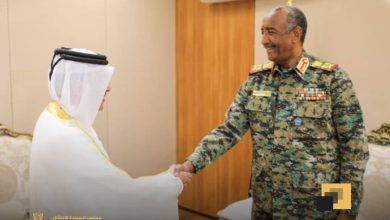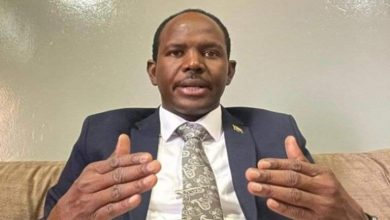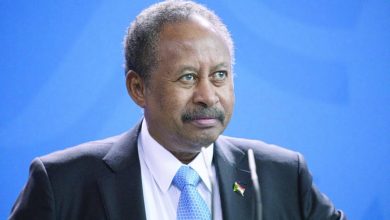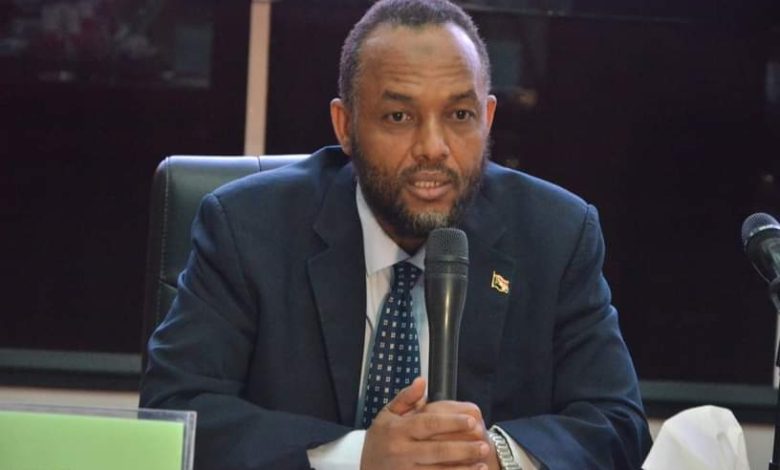
Sudan Events – Agencies
The Acting Federal Minister of Health, Dr. Haitham Mohamed Ibrahim, emphasized the importance of the annual evaluation meeting for the 2025 Expanded Immunization Program, which was held in cooperation with the Middle East Public Health Network (AMFENT) in the Rayeh Tarifi Hall in the city of Kassala. He highlighted the significance of evaluating the achievements of 2024, which included the introduction of new vaccines and reaching all children despite various challenges. He added, “All of this contributes to planning for 2025 in collaboration with regional and international partners, aiming to reach every child and mother across the country.”
Dr. Ahmed Mohamed Abdullah, Acting Director of the General Administration of Primary Health Care, announced plans to expand the malaria vaccination to more localities in the target states for the 2025 plan, in addition to Gedaref and Blue Nile, where the vaccine had already been introduced. He acknowledged that malaria remains the biggest health problem in the country.
Abdullah urged caution against other diseases such as pertussis, diphtheria, and measles, stressing the importance of proper planning involving all relevant parties.
Sister Amal Mahmoud, Acting Director of the Maternal and Child Health Department, said that 2024 was full of achievements despite the challenges, which represent success stories in delivering various vaccines. This requires more effort in 2025, a year that will come with its own difficulties and challenges, but the goal remains to vaccinate all children and mothers.
She considered the surveillance system within the Expanded Immunization Program one of the most successful, as it contributes to immediate response.
Dr. Babaker Al-Maqbool, representing the World Health Organization, confirmed the organization’s support in facing the challenges, implementing activities, and achieving strategic goals to deliver immunization services to all children, strengthen disease surveillance, and provide necessary resources. He pointed out that the WHO has been offering technical, material, and human support, with a commitment to continued communication.
Dr. Al-Fatih Malik, representing the Middle East Public Health Network (AMFENT), revealed several projects with the ministry, including the Field Epidemiology Program, from which 5 cohorts have graduated. Additionally, with the ministry’s immunization program, there has been training for local workers on disease surveillance and handling epidemics, starting with the Nile River, Northern, and Eastern states, and later expanding to central states.
Ismail Al-Adni, Director of the Expanded Immunization Program, noted that the achievements made are a badge of honor for the workers at both the central and state levels of the program, which will be remembered in history. He emphasized everyone’s commitment to delivering vaccines to all children, updating plans, and noted the capability to overcome challenges and deal with the new realities following the positive developments.
